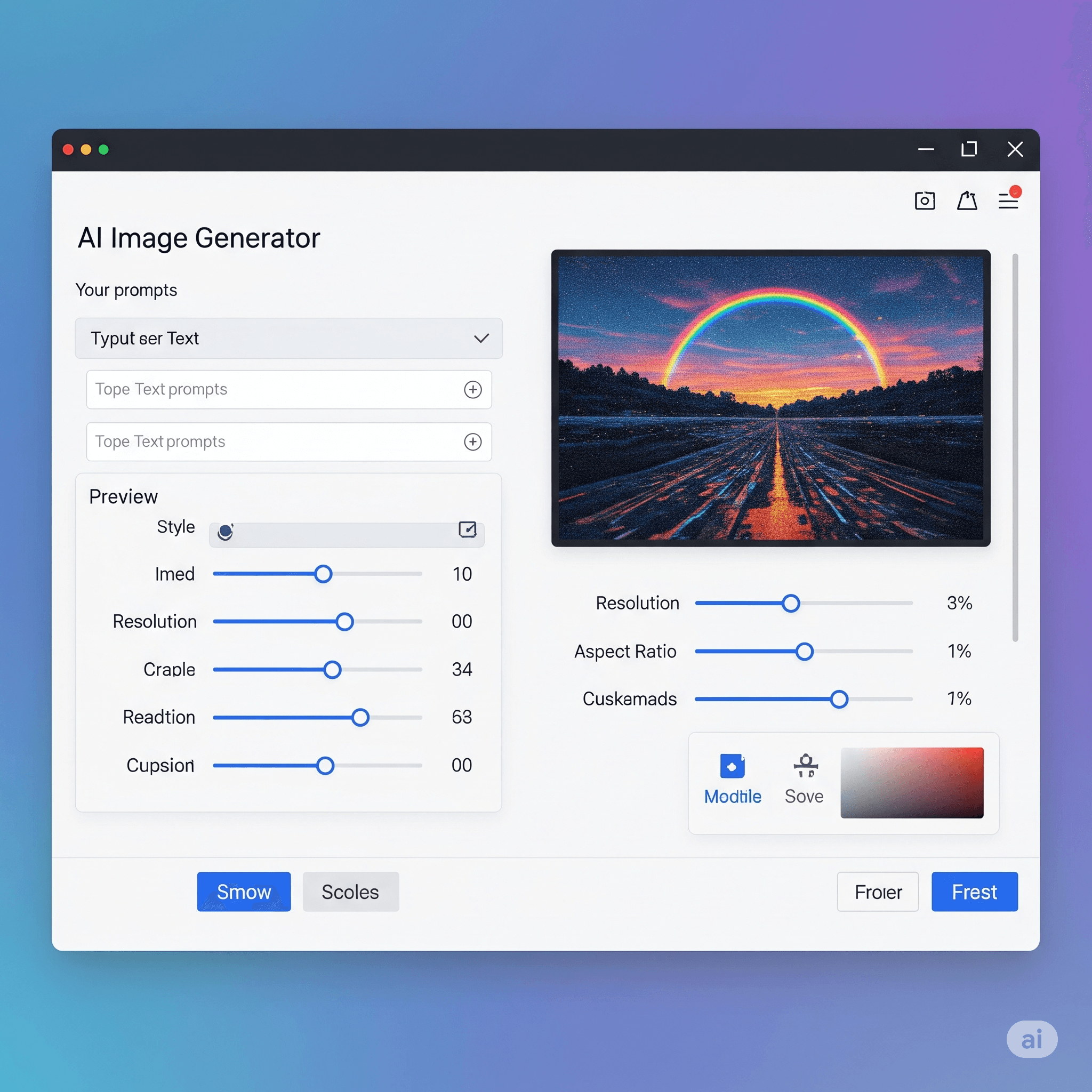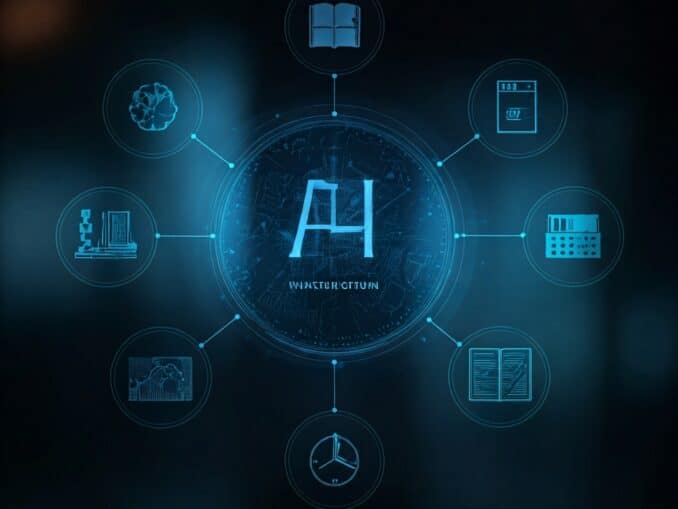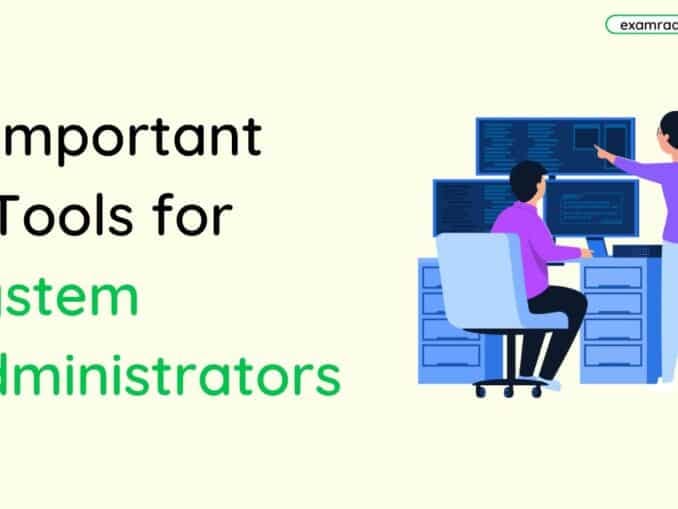Question: Electronic Data Interchange (EDI) Means ?
Answer:
Electronic Data Interchange (EDI) is a structured method for exchanging business documents electronically between different computer systems. It is a set of standards and protocols that enable the exchange of business information, such as purchase orders, invoices, shipping notices, and other transactional data, in a standardized and machine-readable format.
EDI eliminates the need for manual data entry, paper-based documents, and traditional postal mail or fax communications. Instead, it enables the direct computer-to-computer exchange of data between trading partners, streamlining business processes, improving accuracy, and reducing costs and processing time.
EDI involves the following key components:
1. Standards: EDI relies on standardized formats and protocols to ensure consistent and interoperable data exchange. Common EDI standards include ANSI X12, UN/EDIFACT, and XML-based standards like RosettaNet and ebXML.
2. Translation Software: To facilitate EDI, organizations use specialized software known as EDI translators or EDI software. These tools convert business documents from their internal format (such as XML or database records) into the standardized EDI format and vice versa.
3. Communication Protocols: EDI requires a secure and reliable communication infrastructure for transmitting data between trading partners. Common protocols used for EDI communication include AS2 (Applicability Statement 2), FTP (File Transfer Protocol), and SFTP (Secure File Transfer Protocol).
4. Trading Partner Agreements: Trading partners establish agreements and contracts specifying the rules and guidelines for EDI transactions, including document formats, communication protocols, data exchange schedules, and error handling procedures.
Benefits of EDI include increased operational efficiency, reduced errors and delays, improved supply chain visibility, enhanced data accuracy, faster order processing, and improved business relationships with trading partners.
Overall, EDI enables seamless and automated electronic communication between organizations, streamlining business processes and facilitating efficient and accurate exchange of critical business information.
MCQ: Electronic data interchange means
Explanation:
Electronic Data Interchange (EDI) is a structured method for exchanging business documents electronically between different computer systems. It is a set of standards and protocols that enable the exchange of business information, such as purchase orders, invoices, shipping notices, and other transactional data, in a standardized and machine-readable format.
EDI eliminates the need for manual data entry, paper-based documents, and traditional postal mail or fax communications. Instead, it enables the direct computer-to-computer exchange of data between trading partners, streamlining business processes, improving accuracy, and reducing costs and processing time.
EDI involves the following key components:
1. Standards: EDI relies on standardized formats and protocols to ensure consistent and interoperable data exchange. Common EDI standards include ANSI X12, UN/EDIFACT, and XML-based standards like RosettaNet and ebXML.
2. Translation Software: To facilitate EDI, organizations use specialized software known as EDI translators or EDI software. These tools convert business documents from their internal format (such as XML or database records) into the standardized EDI format and vice versa.
3. Communication Protocols: EDI requires a secure and reliable communication infrastructure for transmitting data between trading partners. Common protocols used for EDI communication include AS2 (Applicability Statement 2), FTP (File Transfer Protocol), and SFTP (Secure File Transfer Protocol).
4. Trading Partner Agreements: Trading partners establish agreements and contracts specifying the rules and guidelines for EDI transactions, including document formats, communication protocols, data exchange schedules, and error handling procedures.
Benefits of EDI include increased operational efficiency, reduced errors and delays, improved supply chain visibility, enhanced data accuracy, faster order processing, and improved business relationships with trading partners.
Overall, EDI enables seamless and automated electronic communication between organizations, streamlining business processes and facilitating efficient and accurate exchange of critical business information.
Discuss a Question
Related Questions
- 1. Which of the following is not correct?
- 2. Match the following terms: <img src="http://examradar.com/wp-content/uploads/2017/02/web-internet-fundamental-mcq-3.png" alt="web-internet-fundamental-mcq-3" width="658" height="199" class="alignnone size-full wp-image-5277" />
- 3. To represent one billion (1 billion = 1000 million), minimum number of bits needed are
- 4. Match the following terms: <img src="http://examradar.com/wp-content/uploads/2017/02/web-internet-fundamental-mcq-4.png" alt="web-internet-fundamental-mcq-4" width="769" height="199" class="alignnone size-full wp-image-5278" />
- 5. “Hotspot” refers to
- 6. Which of the following is not a required component of Aadhaar card issued by UIDAI?
- 7. Which of the following techniques is employed for improving transmission efficiency of digital documents?
- 8. Which of the following does not require OCR software component?
- 9. A captcha is used for verifying if a web-user
- 10. Which of the following is true for HTML?
You may be interested in:
Web Fundamental MCQs






